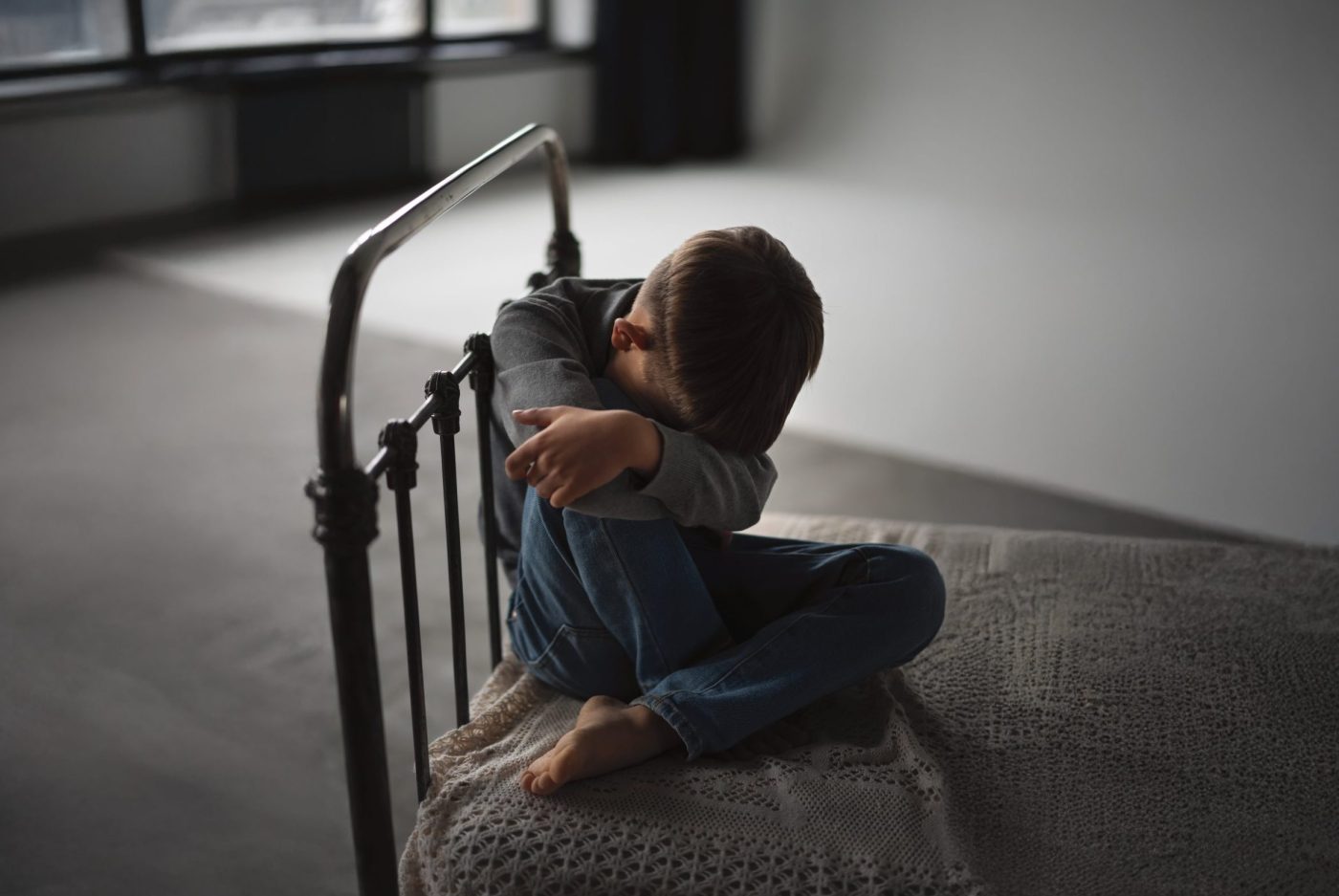
- Warning – this story contains details of sexual abuse
A man who says he was raped several decades ago at an east Auckland health camp is among the brave survivors who detailed their horrific experiences for the Royal Commission of Inquiry into Abuse in Care.
The five-year inquiry examined the abuse and neglect of children, young people and adults in the care of the state and faith-based institutions in New Zealand between 1950 and 1999.
Its resulting report, which was delivered to the Government earlier this year, is almost 3000 pages.
Among the harrowing experiences of abuse it details are those of victims sent to health camps established as a short-term care option for children considered to be in need of rest, exercise, and nutritious meals.
By the 1950s seven permanent health camps had been established around New Zealand with one located in Pakuranga.
“Survivors were subjected to degrading and violent abuse and neglect at the hands of authority figures who were responsible for their care,” the report states.
“Some survivors of physical abuse at health camps recall seeing it happen to other children.
“As well as physical violence, survivors, some of whom were aged from five to seven years old, were also subjected to sexual abuse, including sexual harassment, sexual assaults and rape.”
Among the survivors who recounted their experience to the inquiry is a man identified in the report as ‘Mr V’.
He said: “I got sent to Pakuranga Health Camp in term 2 of 1987. I was sexually abused by a staff member at Pakuranga Health Camp. Eventually, the abuse progressed to rape.”
Another survivor, Mr KE, said nightshift carers would check on the children as they slept.
“If a child had urinated in their bed, staff would put them in the shower and sexually abuse them.
“After the abuse was finished, I would get put back in bed and was given stickers and told how much of a good boy I was.”
Abusers at the camps were highly manipulative, the report states, using their positions of power to get children alone, then threatening them about not disclosing the abuse to anyone.
Another survivor, Mr NK, described how an older male staff member whispered sexual things in his ear and tried to touch him under his clothes.
“He said if I say anything he will do the same to my little brother … I was very scared that he would sexually abuse [my brother] and so I put up with it.”
A survivor identified as Mr KP described being assaulted by a male staff member at the health camp.
“I was sexually assaulted by him on at least three occasions, two times in the carving room on school grounds, and one time in the sick bay, which was located next to the dining room in the residence. He warned me not to tell anybody about the assaults.”
Erica Stanford is the Government’s Lead Co-ordination Minister to the inquiry into abuse in care.
She recently said the coalition “broadly accepts” the Royal Commission’s findings.
“The Government is working through the 138 recommendations and the 95 recommendations from the 2021 interim report on redress.
“A Crown Response Office has also been established to drive the Government’s ongoing response and the Prime Minister will publicly apologise to abuse in care survivors in Parliament on November 12.
“The recommendations are complex and it’s important they are considered carefully and respectfully.”
A document provided to the Abuse in Care inquiry states that in April, 2000, the statutory Children’s Health Camps board, which oversaw the network of camps, was dissolved and its assets and liabilities were transferred to a new charitable trust.
- Any survivors of abuse at state-run facilities in east Auckland who wish to share their story can email us in confidence at chrish@times.co.nz








